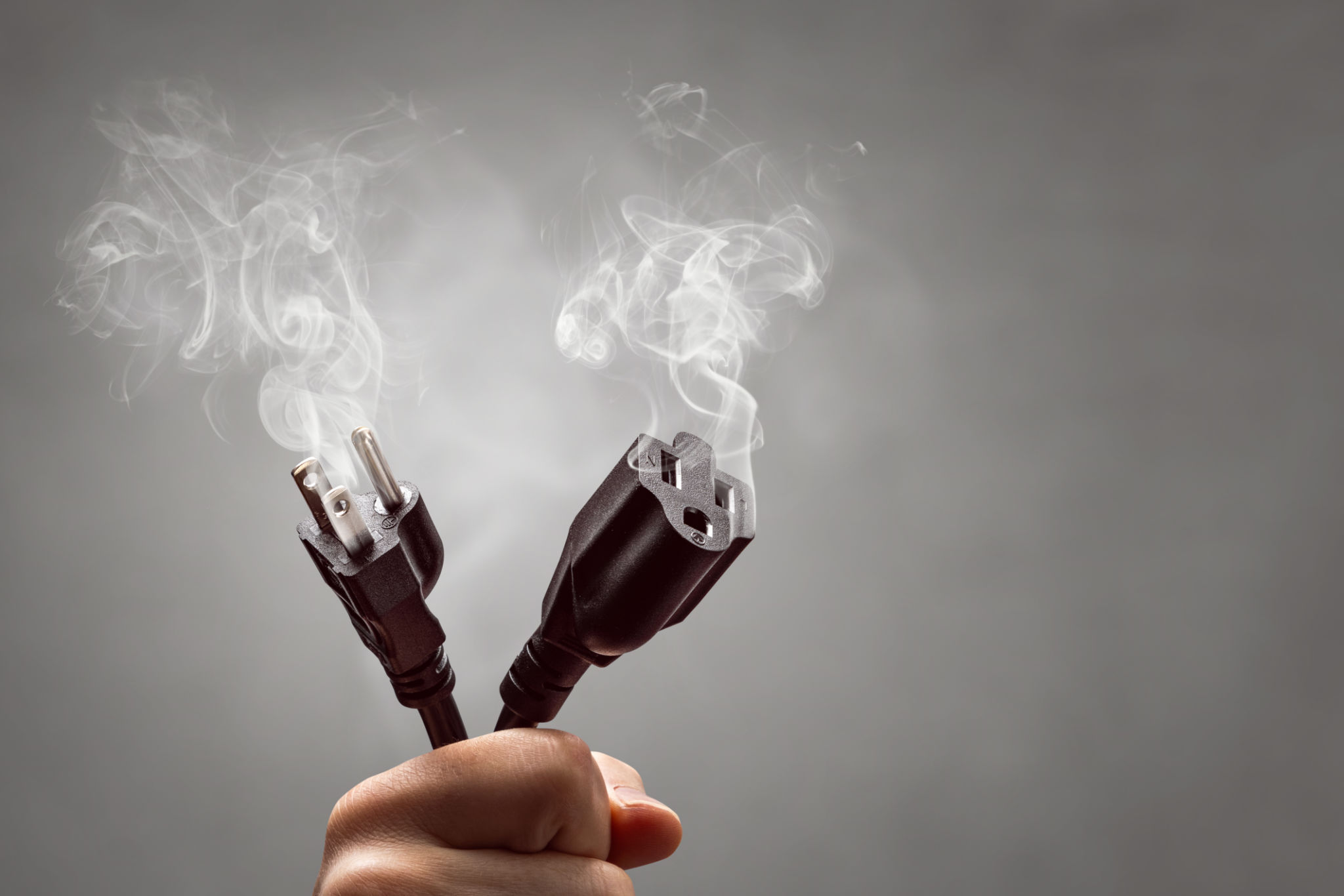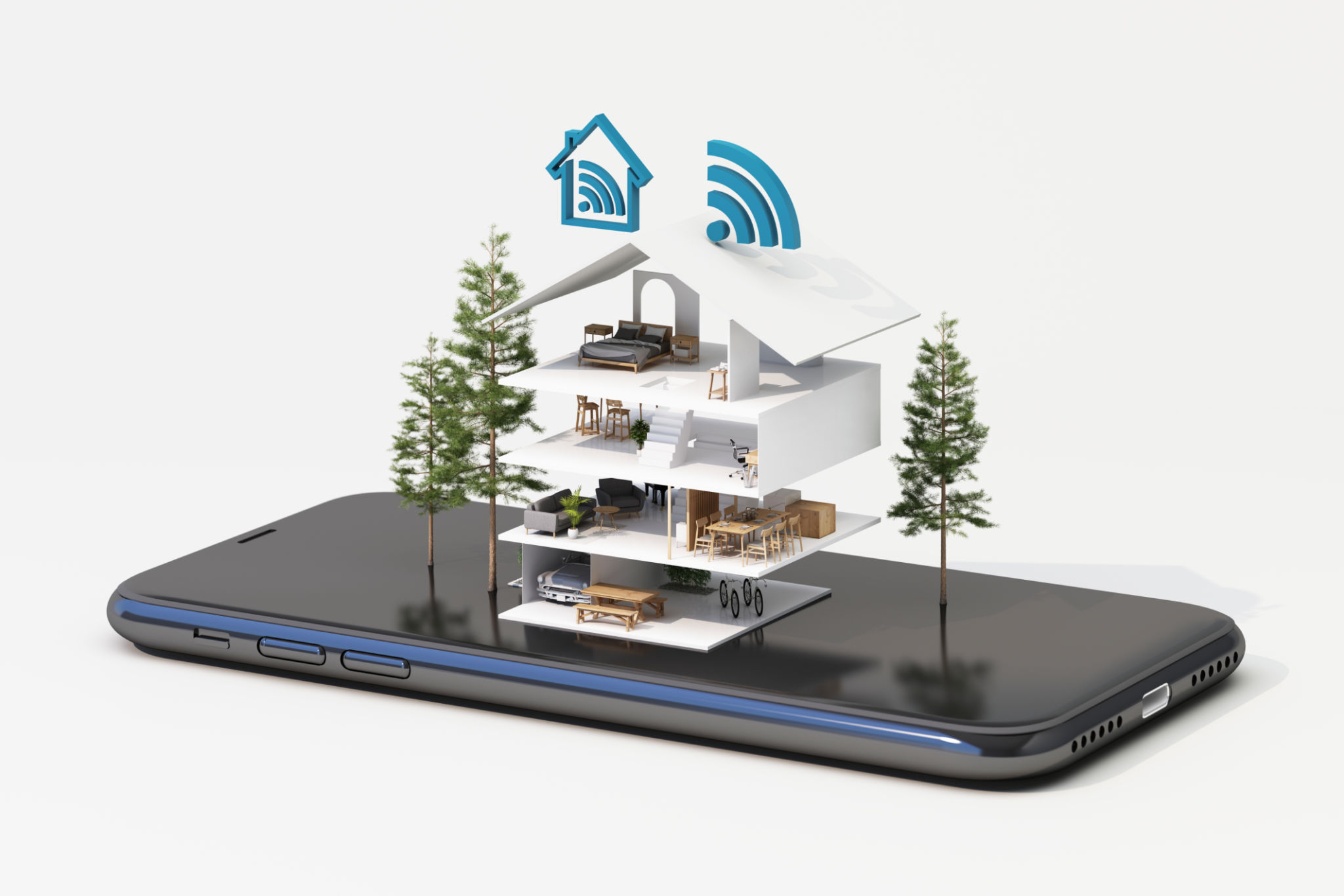Understanding Local Smart Home Installation Regulations in Maryland
AD
Introduction to Smart Home Installations
As smart home technology continues to evolve, more homeowners in Maryland are considering the transition to automated living. From smart lighting and thermostats to security systems and voice-activated assistants, these innovations offer enhanced convenience and energy efficiency. However, before diving into a smart home upgrade, it's crucial to understand the local regulations and guidelines that govern these installations.

Why Regulations Matter
Smart home installation regulations are designed to ensure safety, compatibility, and efficiency. Adhering to these guidelines not only protects homeowners but also enhances the longevity and functionality of the smart devices. Failing to comply can result in fines, increased insurance premiums, or even void warranties on certain devices.
Safety and Compliance
The primary focus of regulations is safety. Smart home devices often involve electrical installations, which must be handled with care. In Maryland, installations must comply with the National Electrical Code (NEC) as well as any state-specific modifications. Ensuring compliance helps prevent electrical fires and other hazards.

Licensing Requirements
In Maryland, certain smart home installations may require a licensed electrician or a certified professional. This is particularly true for complex systems involving wiring or integration with existing electrical systems. Homeowners should verify the credentials of any installer to ensure they meet state requirements.
Permitting and Approval
Depending on the complexity of the installation, you might need a permit from your local county or city government. Common projects requiring permits include significant electrical work or structural changes to accommodate new technology. It's important to check with local authorities to determine if a permit is necessary for your specific project.

Working with Professional Installers
Hiring a professional installer can simplify the process of navigating local regulations. Many companies offer consultation services to assess your home’s needs and determine what permits and approvals are required. Professionals can also ensure that your installation meets all safety standards and regulatory requirements.
Energy Efficiency Standards
Maryland has specific guidelines aimed at promoting energy efficiency. Smart home devices can significantly reduce energy consumption, but they must be installed correctly to achieve these benefits. Understanding local energy standards can help you select the right devices and configurations to maximize efficiency and potentially qualify for rebates or incentives.
Staying Updated on Regulations
Technology and regulations are continuously evolving. Homeowners should stay informed about any changes in local laws or codes that may affect their smart home systems. Joining local homeowner associations or subscribing to industry newsletters can be an effective way to remain up-to-date.

Conclusion
Understanding and complying with local smart home installation regulations in Maryland is essential for a successful and safe upgrade. By paying attention to licensing requirements, securing necessary permits, and working with professionals, you can enjoy the benefits of a smart home while ensuring safety and compliance with state standards.